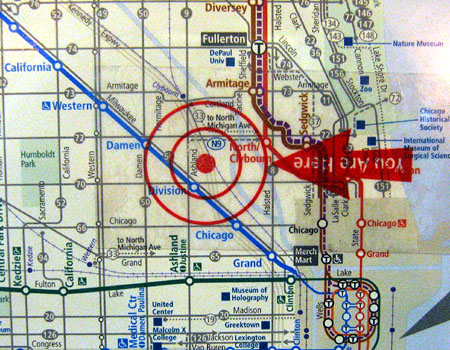 Recently I was reading yet another article about the trouble in Zimbabwe and how it affected South Africa. I was surprised to find that many people didn’t realize that South Africa was a country in its own right, but most thought that Zimbabwe was a country in South Africa or were all part of one and the same. While I find this amusing (as both South Africa and Zimbabwe are very much individual independent countries) I did realise that not everybody is 100% clued up on their geography.
Recently I was reading yet another article about the trouble in Zimbabwe and how it affected South Africa. I was surprised to find that many people didn’t realize that South Africa was a country in its own right, but most thought that Zimbabwe was a country in South Africa or were all part of one and the same. While I find this amusing (as both South Africa and Zimbabwe are very much individual independent countries) I did realise that not everybody is 100% clued up on their geography.Okay so what does this have to do with search? As many small businesses are unable to supply the entire world with their product or service many try to localise their client base. This is carried over into their website. It’s not easy for a plumber in London to be making call-outs to China. While this is an extreme example I think you get the point.
When it comes to optimising websites for local searches it is important to always include the area name in your key phrases. So instead of optimising your website for say experienced plumber after hours you might optimise it for experienced plumber after hours in London. But as you may have guessed that while the tail grows longer you are expected to have fewer visitors. Don’t forget that long tail keywords do convert better though. However at this point you may also have noticed that you could start to shorten your key phrase. Now it would be easier to obtain top rakings for the phrase experienced plumber in London or even at a push simply plumber in London.
However remember that while local search is intended for localised visitors not all qualified visitors will be locals. Okay, so that sounds a little confusing but consider the fact that not everyone searching for your services will be in the same town while doing the searching. Sometimes people need to do a search of a location and services that they may need while away on holiday, business or even for someone else. Imagine a chronic diabetes sufferer needing to know of the nearest doctor while on vacation or someone needing to know where the nearest laundromat is while on vacation in a small seaside town. Both of these searches may be done with only a little information on the actual location of where they may be.
I have often gone on vacation to small towns where many of the nearest services were in the next town. Often people won’t even know which suburb of a town your business may be located in. I think of Johannesburg and while I know that there are literally thousands of tiny suburbs, many people (and yes, even I am guilty of this) simply lump them all together as Johannesburg.
So what does this all mean for localised search?
Never assume that the visitors know exactly where you are. If your town only has a population of 75 and has never been a hot spot of any kind, then chances are nobody will know your town off hand. In these instances go bigger, optimise for the larger geographical area or town as well as the suburb. I know that this certainly has worked for smaller estate agent websites we have worked on based in a small suburb of a major South African city. While they rank highly for variations of their keywords for their specific town and suburb, the bulk of all traffic comes from the very broad searches as this makes a great starting point. While this traffic doesn’t convert as well, it certainly means that you won’t be missing a potential lead.
Always include area info. Once again as many visitors may not know the area very well it may prove very useful to supply a map of the greater area with a breakdown town by town. As mentioned earlier with many of the small towns that dot the map, many of the service providers may supply more than a single town due to supply and demand. This should help with two things. Firstly, it will help put distance and location of your business into some perspective in relation to where they will be. Secondly, this certainly won’t hurt in the search engines. Always remember relevant information is always welcome; just don’t cram it full of useless information.
Going back to the opening paragraph we must remember that not everyone knows their geography that well, and fewer still are masters of localised geography. Keep this in mind when optimising your website. Always try to think like an out-of-towner. Keep it specific, going broad when you must but always make sure that you have your bases covered for your local searches (although if you’ve done your offline marketing well this shouldn’t be a problem).


0 comments:
Post a Comment